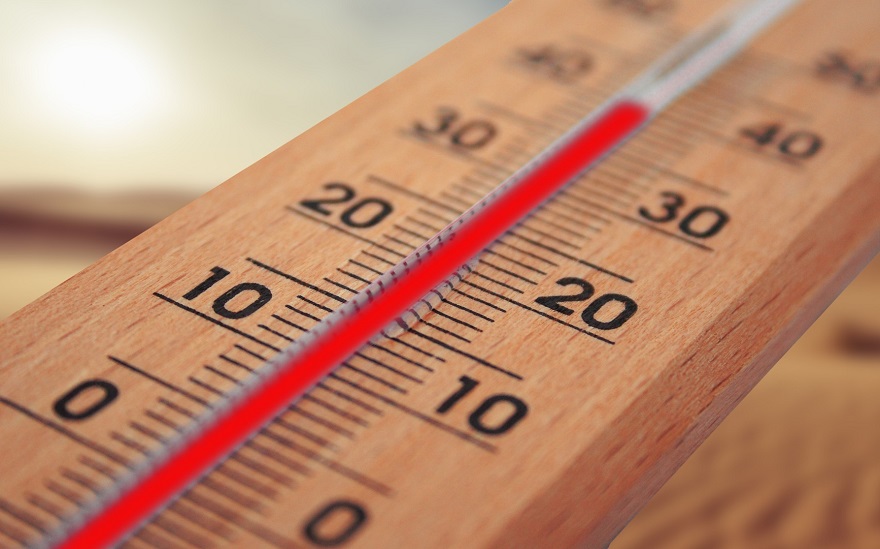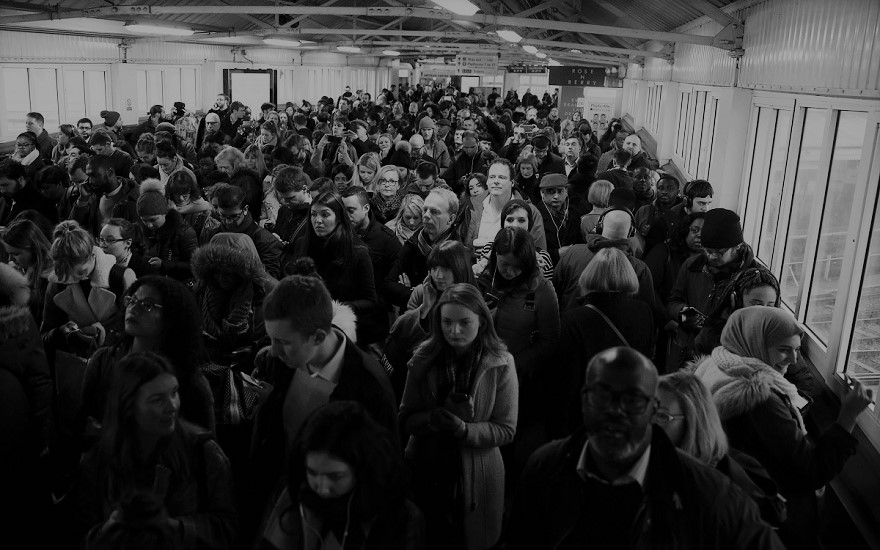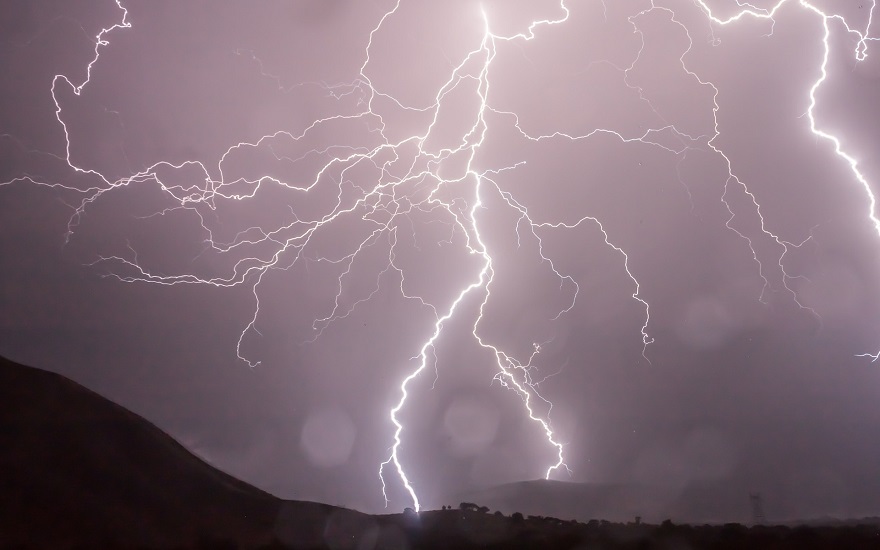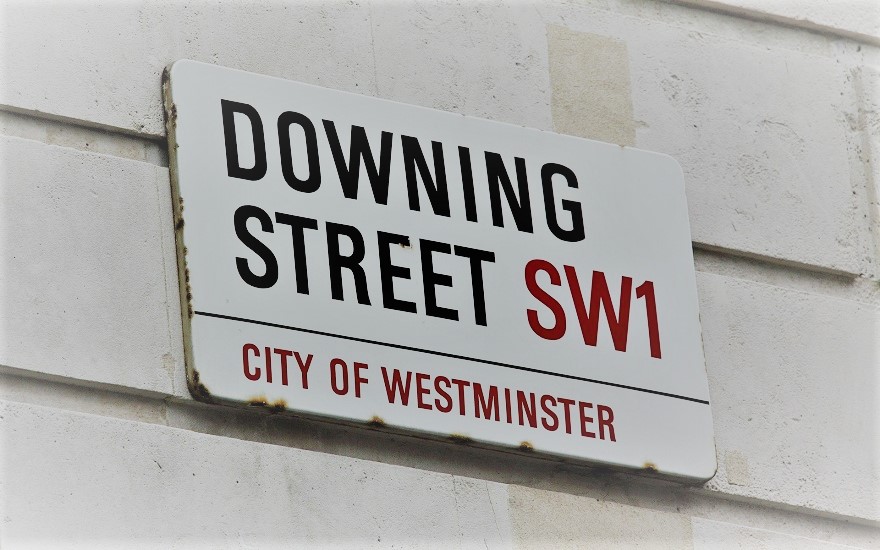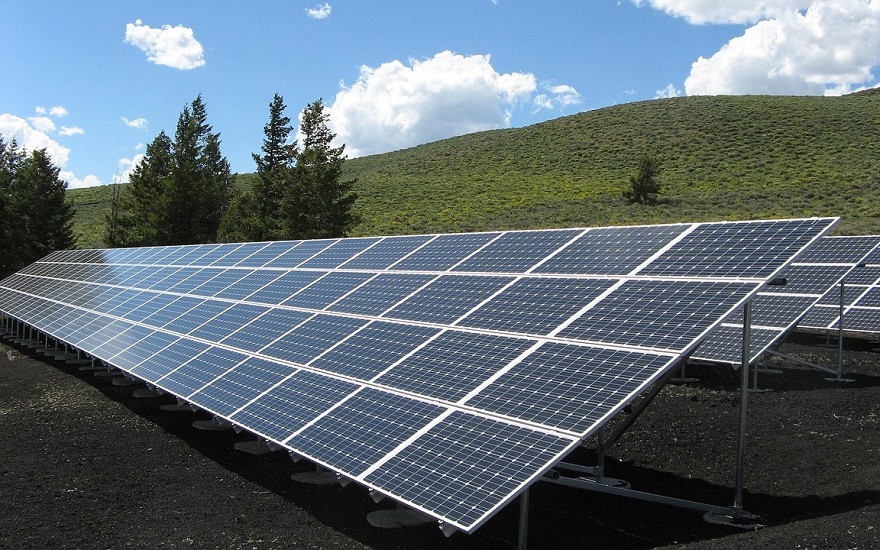Scientists warn the effect of extreme weather on energy systems could increase the risk of major blackouts in the coming years.
In a series of articles and studies published in the international scientific journal Nature Energy, scholars explored how short-term weather extremes like cold snaps or heatwaves impact urban power grids.
They devised a new model for predicting how energy systems containing renewable technologies might be affected by a changing climate. Scientists then simulated 13 climate change scenarios across 30 Swedish cities, including Gothenburg, Stockholm and Malmö.
The tests found that uncertainties in renewable energy potential and demand could lead to significant performance gaps brought about by future climate variations and a drop in power supply reliability.
Its analysis finds that in extreme weather, the demand for residential heating or air conditioning could be anywhere between 50-400% higher than the historical 20-year average.
“We observed that current energy systems are designed in a way that makes them highly susceptible to extreme weather events such as storms and heat waves.
“We also found that climate variability will result in significant fluctuations in renewable power being fed into grids as well as energy demand. This will make it difficult to match the energy demand and renewable power generation.
“Dealing with the effects of climate change is going to prove harder than we previously thought.
“The gap between access to and energy demand may, with certain future climate variations, be as much as 34%. That means a reduction in power supply reliability of up to 16% due to extreme weather events.”
– Study lead Dasun Perera, from the Solar Energy and Building Physics Laboratory (LESO-PB) at the Lausanne-based EPFL (École Polytechnique Fédérale de Lausanne)
Roughly 3.5 billion people currently live in urban areas. They consume two-thirds of the world’s primary energy and generate 70% of greenhouse gas emissions. These figures are expected to grow significantly in the coming years.
Indeed, some predictions claim half the world will live in cities by 2050. Extreme weather events such as severe droughts and storms, bitter colds and scorching heatwaves are likely to become much more commonplace too.
This will pose a growing risk to our electricity networks.
Earlier this month, Britain experienced its latest incident of extreme weather. Storm Ciara saw some parts of the country experience a month and a half’s rainfall in 24 hours.
Winds approaching 100 mph also battered parts of the UK, causing more than 750,000 people to suffer power cuts.
